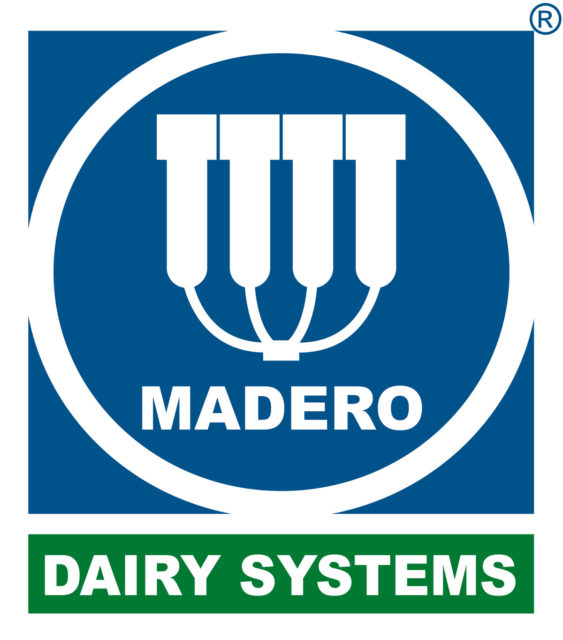When looking for farm equipment tires, you have plenty of options … or at least you should. Good tire dealers don’t just try to sell what’s left in stock. Instead, they’ll offer many different brands and types of tires, as well as all the rims, accessories and hardware to go with them, to help you find the one solution that will work best.
Although it’s better to have such a wide selection of tire brands, the number of options can make the purchase decision difficult. That’s why it’s important to keep these 10 things in mind when looking for a new set of tires:
What’s the make and model?
We’ll start with the obvious question. Whether you need tires for a tractor, combine, sprayer or any other type of farm equipment, the first step in narrowing down tire options is to identify the make and model of the machine.
What’s the application?
How many hours are put on the machine each year? What are your typical field conditions? How much weight is being carried or pulled behind the machine? Are you running in row crops and, if so, what’s the row spacing?
Getting a feel for how the tires will be used will help determine which tire brand and type will get the job done best. For instance, a combine running in 30-inch rows might be a good candidate for dual wheels with 520/85R42 tires, whereas one running in narrower rows may want to switch to single rims with 1050-millimeter-wide tires.
What’s on the machine now?
Not only is it good to know the type of tire that’s currently on the farm equipment, but it’s also beneficial to have an understanding of the problems experienced with that set of tires. For instance, are they wearing too quickly? Causing too much compaction? Providing your tire dealer with these details can help them determine a better solution rather than putting on the same type of undesirable tire again.
How long do you plan to keep the equipment?
Are you close to trading in the piece of equipment? If so, it might be better to select a more cost-effective tire that will get you by until it’s time to get rid of it. Sure, higher-end tires will provide a better trade-in value, but don’t expect to get your money back in the end.
How many miles is the equipment on the road?
Pavement is rough on farm tires — especially wider flotation tires. Therefore, if you’re putting on a lot of pavement miles each year, your dealer may recommend skinnier tires that will wear more evenly, last longer and fit on the road easier.
What’s your budget and time frame?
Just like many other purchases, it’s a bad idea to buy a new set of tires at the last minute. You may end up with whatever the dealer has laying around and paying a premium price. Instead, plan your tire purchases well in advance to get better service and to take advantage of early order pricing or end-of-year deals from tire manufacturers. This also allows time for the tires to ship, especially if they’re coming from overseas.
How close is the dealer to your farm?
Many farmers prefer to purchase tires from a nearby dealer, which gives them close proximity to service and helps reduce freight costs. However, in today’s market it can be beneficial to shop around, even to dealers outside the area. Some tire providers can offer a better selection, better prices and better customer service from a greater distance.
How do you plan to get rims and other accessories?
Oftentimes, the solution entails more than just tires. You may need new rims, hubs, axle extensions or other hardware to accommodate the new rubber. Keep in mind that not all tire dealers have access to these accessories, requiring their customers to go through a separate supplier.
On the other hand, some dealers offer more than tires. They provide complete packages with the right tires installed on the right rims, complete with all the proper hardware and other accessories.
What can you expect for customer service?
Unfortunately, many farmers have had poor experiences with customer service on their tires. Therefore, it’s important not only to choose a tire manufacturer that has a solid track record for honoring warranty claims, but also a good dealer that will help you through the warranty claim process.
What is the lifetime value of a tire?
By leveraging manufacturer data and dealer expertise, a person can generally get an idea of how long each tire option will last. Using this information, a farmer can calculate that a $1,000 tire with a five-year service life expectancy will cost him $200 per year.
However, if a $1,200 tire option is expected to last 10 years, it will only cost him $120 per year. As a result, the more expensive $1,200 tire may be a better choice, as long as the farmer intends to hold onto the equipment for a long period of time.
Although there is plenty more to know about ag tires, you shouldn’t be expected to learn everything. Just keep these 10 things in mind when looking for new tires, and count on a knowledgeable supplier partner to help walk you through the rest. PD
Loren Block is a marketing manager with Dawson Tire & Wheel. He can be contacted by email.





